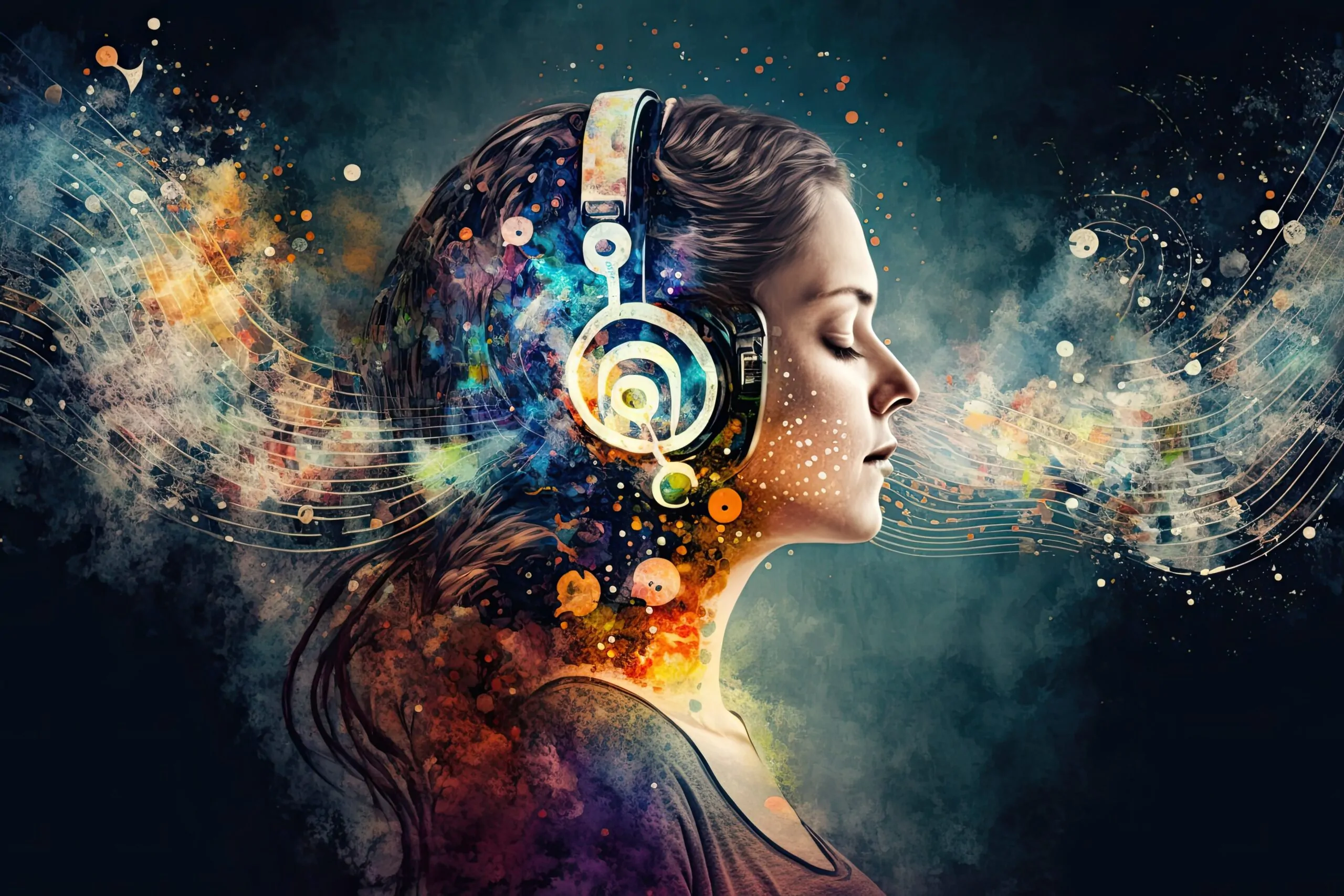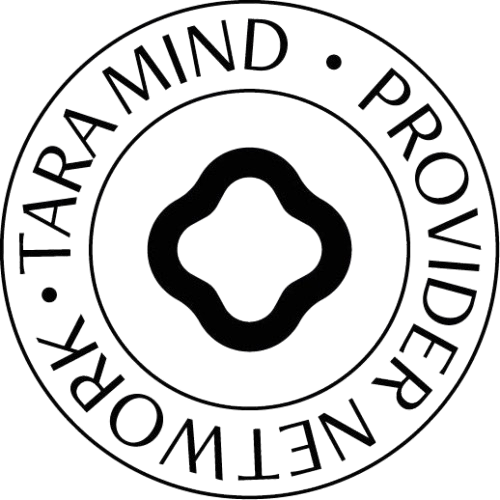Empowering Minds: The Power of Music Therapy for Mental Health
Music has been an integral part of human culture since the dawn of civilization. From ancient tribal rituals to modern pop concerts, music unifies, heals, and inspires individuals and communities alike. More recently, healthcare professionals and researchers have recognized its therapeutic value in addressing a variety of mental health challenges. Music therapy, a specialized field grounded in evidence-based practices, has emerged as a powerful tool to promote emotional well-being and support mental health recovery. In this article, we will explore the significance of music therapy, how it works, its key benefits, and why it could be an essential addition to your mental health regimen. If you’re in the Palm Beach Gardens area, consider visiting Allay Health Wellness at 11000 Prosperity Farms Rd, Suite 101, Palm Beach Gardens, FL 33410 to learn more about holistic approaches to mental well-being.
The Science Behind Music Therapy and Mental Health
Music therapy is a clinical and evidence-based use of musical interventions to accomplish individualized goals within a therapeutic relationship. Board-certified music therapists collaborate with individuals, using different elements of music—such as melody, rhythm, and harmony—to foster positive changes in clients’ emotional, cognitive, and social well-being. Music therapy isn’t limited to simply listening to songs; it can involve singing, songwriting, instrumental play, and even movement to music.
One of the unique aspects of music therapy is that it can be tailored to suit people of all ages, cultural backgrounds, and musical preferences. Whether you are struggling with anxiety, depression, or simply looking for a healthy outlet to process stress, music therapy provides a structured, safe environment to explore emotions, practice coping skills, and nurture self-expression.
Many of us intuitively sense that music influences our emotions, but the science behind how and why is both complex and fascinating. Research indicates that when we listen to or create music, our brains release neurochemicals like dopamine and endorphins. These “feel-good” chemicals help regulate mood and can reduce the perception of pain.
Furthermore, music engages multiple areas of the brain simultaneously. Areas responsible for memory, attention, emotional regulation, and sensory processing are activated, creating a rich tapestry of neural connections. This heightened level of neural activity can be especially beneficial for those seeking to improve concentration, manage symptoms of trauma, or cope with mood disorders.
For individuals living with conditions such as anxiety or depression, certain pieces of music or structured musical exercises can promote relaxation, lessen distress, and encourage a more positive mindset. By gradually introducing techniques—like guided imagery or vocal improvisation—music therapists help individuals reframe negative thought patterns and build resilience.
Key Benefits of Music Therapy
1. Emotional Regulation
Music therapy offers a constructive and creative outlet for expressing emotions. Engaging with music—through singing, playing an instrument, or simply listening with intention—can help individuals identify feelings, process them, and then regulate their emotional responses more effectively. This is especially valuable for those who experience overwhelming sadness, anger, or anxiety.
2. Stress and Anxiety Reduction
Guided musical experiences, including deep breathing exercises synchronized to calming melodies, can shift the body’s stress response from “fight or flight” to a more restful, parasympathetic state. This decreases cortisol levels and promotes relaxation, which can make coping with everyday stressors more manageable.
3. Improved Social and Communication Skills
Group music therapy sessions provide a supportive space for collaboration and socialization. Activities such as group drumming circles or ensemble singing can enhance empathy, listening skills, and a sense of belonging. Sharing a creative experience often fosters deeper connections and reduces feelings of isolation.
4. Cognitive Enhancement
Music therapy supports cognitive functions like memory, attention, and executive functioning. For individuals with conditions such as dementia or traumatic brain injuries, structured musical activities have shown promise in improving recall and boosting mental clarity.
5. Boosted Self-Esteem and Confidence
Learning to play a new instrument or composing a simple melody can significantly elevate a person’s sense of accomplishment. These achievements not only build self-esteem but also encourage perseverance, creativity, and self-compassion.
Groups That Benefit from Music Therapy
Children and Adolescents
Young people face numerous stressors, from academic pressures to social media influences. Music therapy provides a healthy way for children and teens to express themselves, learn emotional coping strategies, and improve communication skills. It’s also an effective tool for those with developmental or behavioral challenges, offering a non-verbal medium to connect and grow.
Adults Seeking Stress Relief
For many adults, juggling work, family, and personal commitments can feel overwhelming. Integrating music therapy into a self-care routine can offer a much-needed release valve for stress, helping individuals rediscover balance and boost overall quality of life.
Older Adults and Dementia Patients
Music can be a remarkable bridge to the past for older adults, especially those with Alzheimer’s disease or other forms of dementia. Familiar tunes often trigger memories and can significantly improve cognitive functioning and emotional well-being, even when other forms of communication become challenging.
Individuals Facing Chronic Health Conditions
Chronic illnesses often bring mental health struggles, such as anxiety, depression, and social isolation. Music therapy can serve as a complementary treatment, helping individuals cope with emotional distress, improve their outlook, and navigate the healthcare process more confidently.
People in Rehabilitation or Recovery
Whether recovering from addiction or physical injury, music therapy supports a holistic healing process. It can serve as a motivational tool, boosting resilience and adherence to treatment plans. For those in addiction recovery, creating music can become a constructive habit, reducing the likelihood of relapse.
How to Integrate Music Therapy into Your Mental Health Plan
1. Consult a Certified Music Therapist
Before beginning any new therapeutic intervention, it’s essential to consult with a trained professional. A board-certified music therapist can assess your needs, recommend specific activities, and set measurable treatment goals.
2. Combine with Other Therapies
Music therapy often works best as part of a comprehensive mental health plan that might include talk therapy, medication management, or other wellness practices. Integrating multiple therapeutic modalities can lead to more robust and long-lasting outcomes.
3. Explore Personal Preferences
One of the joys of music therapy is the vast array of genres and methods available. Feel free to explore different musical styles—classical, jazz, pop, or world music—to see which resonates best. A music therapist can guide you in selecting pieces that match your emotional and mental health objectives.
4. Practice Mindful Listening
Even outside of formal sessions, mindful listening can be a powerful daily practice. Set aside a few minutes each day to listen to a favorite song or instrumental piece without distractions. Focus on the rhythms, melodies, and how they affect your mood and thought patterns.
5. Engage in Community Music Activities
Many communities host drum circles, choir groups, or open-mic nights. Participating in these collective musical experiences can be both therapeutic and enjoyable. It’s an opportunity to connect with others, share creative expression, and lower the barriers that often isolate individuals struggling with mental health issues.
Allay Health Wellness: Your Partner in Holistic Mental Health
Allay Health Wellness is committed to providing integrative care that addresses the whole person—mind, body, and spirit. Although we emphasize a wide range of mental health services, we also value the role of complementary therapies like music therapy.
- Expert Guidance: Our experienced team collaborates with local music therapists to offer comprehensive support. Whether you’re dealing with anxiety, depression, PTSD, or other mental health conditions, you’ll find that music therapy can be a seamless addition to your current treatment plan.
- Community-Focused: We believe in creating an inclusive and supportive environment. By fostering a sense of community and connection, we encourage individuals to explore holistic well-being practices that extend beyond the therapy room.
- Flexible and Personalized Care: Understanding that each person is unique, we tailor our programs to fit individual goals and preferences. If you’ve been curious about exploring alternative forms of therapy like music therapy, our team can provide the resources and referrals needed to get started.
Take the First Step Toward Better Mental Health with Allay Health Wellness
In today’s busy world, finding effective and engaging strategies to care for your mental health is essential. Music therapy offers a unique, evidence-based way to boost creativity, reduce stress, and nurture emotional resilience. Whether you’re dealing with anxiety, recovering from a challenging life event, or simply seeking more positivity, music therapy can transform your path to emotional wellness.
Allay Health Wellness takes a holistic approach, ensuring personalized support and resources to integrate music therapy (and other complementary treatments) into your life. Don’t let stress or mental health challenges stand in your way—reach out and begin your journey toward a brighter future.
- Address: 11000 Prosperity Farms Rd, Suite 101, Palm Beach Gardens, FL 33410
- Phone: (561) 421-6444
- Email: [email protected]
If you’re ready to discover how the power of rhythm, melody, and harmony can elevate your mental health, Allay Health Wellness is here to help.



